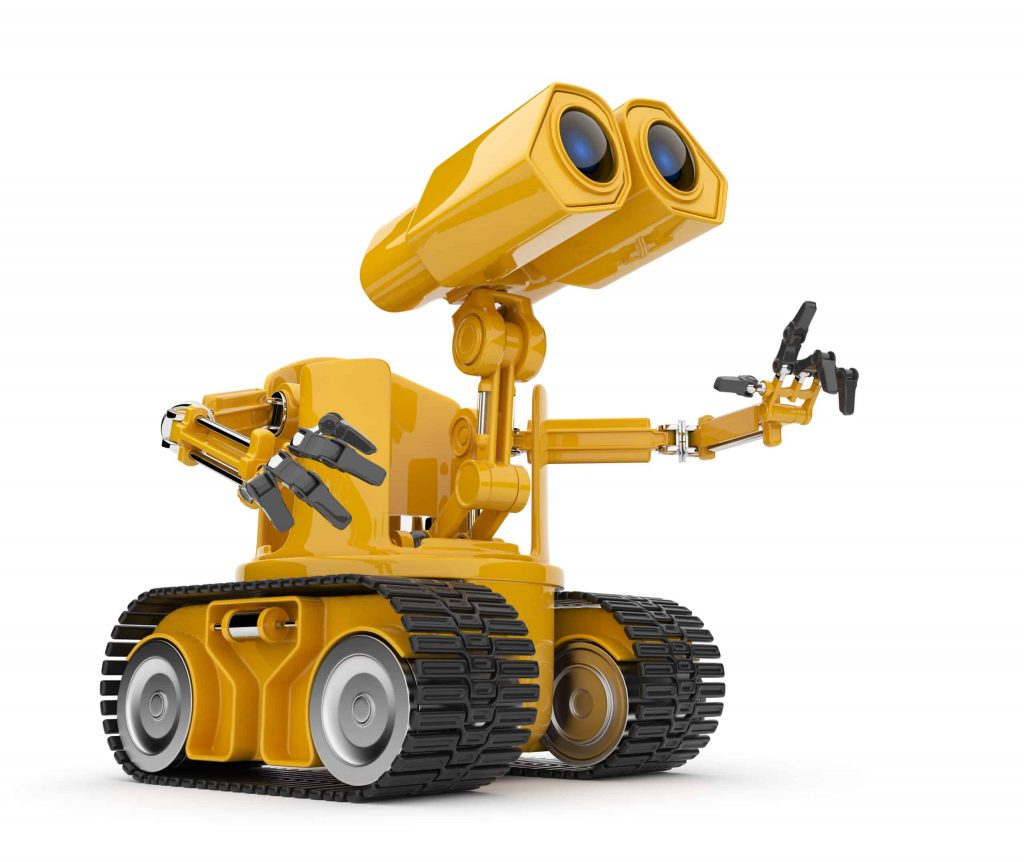With a name reminiscent of a secret codename in a James Bond movie, “M” is the latest in the digital personal assistant space. A few weeks ago Facebook began to test its new service called M, which is a personal digital assistant inside Facebook Messenger that completes tasks and finds information on your behalf. It’s powered by artificial intelligence (AI) that’s trained and supervised by people. Yes, real people.
M is operated via Facebook Messenger, rather than the actual online Facebook interface. And, unlike other AI-based services in the market, M can actually complete tasks for you. It can purchase items, deliver gifts to your loved ones, book restaurants, make travel arrangements, set or cancel appointments, and more.
As a platform, M knows more about us than any other social network. I think most people will be shocked at how good M is at a wide spectrum of things. It adds a lot of depth to the Messenger platform. Even in its infancy, M is proving to be an exciting step towards empowering people using Messenger to get things done.
“M” is a direct competitor of Apple, Google and Microsoft’s digital assistants. While those competitors rely entirely on technology, what is most unusual about Facebook’s version is that is has a human back end.
According to David Marcus, head of Messenger at Facebook, “”Facebook’s M trainers have customer service backgrounds. They make the trickier judgment calls, and perform other tasks that software can’t.”
This makes sense as to why M was debuted to only a small population in San Francisco. It will be interesting to see whether this human-machine partnership can keep pace as the project expands.
The humans behind the scenes are sure to help automate, and the artificial intelligence can eventually take over, thus likely taking those human jobs away.
Alex Lebrun, the founder of Wit.ai, a startup that Facebook acquired to help build this smartphone tool, says “Everything the trainers do, we record every step. This includes what websites they visit, what they say when calling the DMV, what they type in response to M users, and so on. In the future, this data can help drive a more advanced system based on deep learning, a form of AI that masters tasks by analyzing enormous quantities of information across a vast network of machines. Roughly speaking, these networks mimic the web of neurons in the human brain.”
Facebook’s hope with M is to use the popularity of Messenger, combined with the data resources of Facebook, to create the ultimate utility for mobile discovery, and possibly encroach upon Google’s long-held turf. While Google is still the dominant player in search, Facebook is hoping that M will be able to keep users within Facebook’s walls longer. If you’re already on Messenger and you want to search for answers, M will enable you to do so without clicking out and switching to another app.
Here’s how M works:
- Users tap a button at the bottom of the Messenger screen to send a message to M
- M’s AI software will analyze the message to assess the nature of the query, then ask follow-up questions based on its algorithm and data matches
- Once the query is clarified, M will go about completing the query – whether that’s a data-based response or an actual physical task – and will send an update when complete
During this process, users won’t know whether a human has intervened, or whether the process was fully automated.
The real crux of the matter is whether users will see M as a cool new function or an intrusion into what’s normally considered a private space.
This also brings up the question of “How much do you want Facebook to know about your needs/wants/desires?” As we share more and more details of our personal life with our digital personal assistants, we lose some of our privacy in the trade-off.
Apparently one of M’s most popular requests from its Facebook employee testers was to have M make the dreaded phone call to the cable company and endure the long hold times and automated messages one needs to sort through in order to set up your home Wi-Fi or cancel your cable.
What kinds of tasks would you want M to take care of for you? Do you trust artificial intelligence to do things on your behalf? What are the repercussions of letting AI browse freely through our life?
We’re eager to hear your responses!
I don’t know about you, but the first thing I’m going to ask “M” to do is the dishes.

